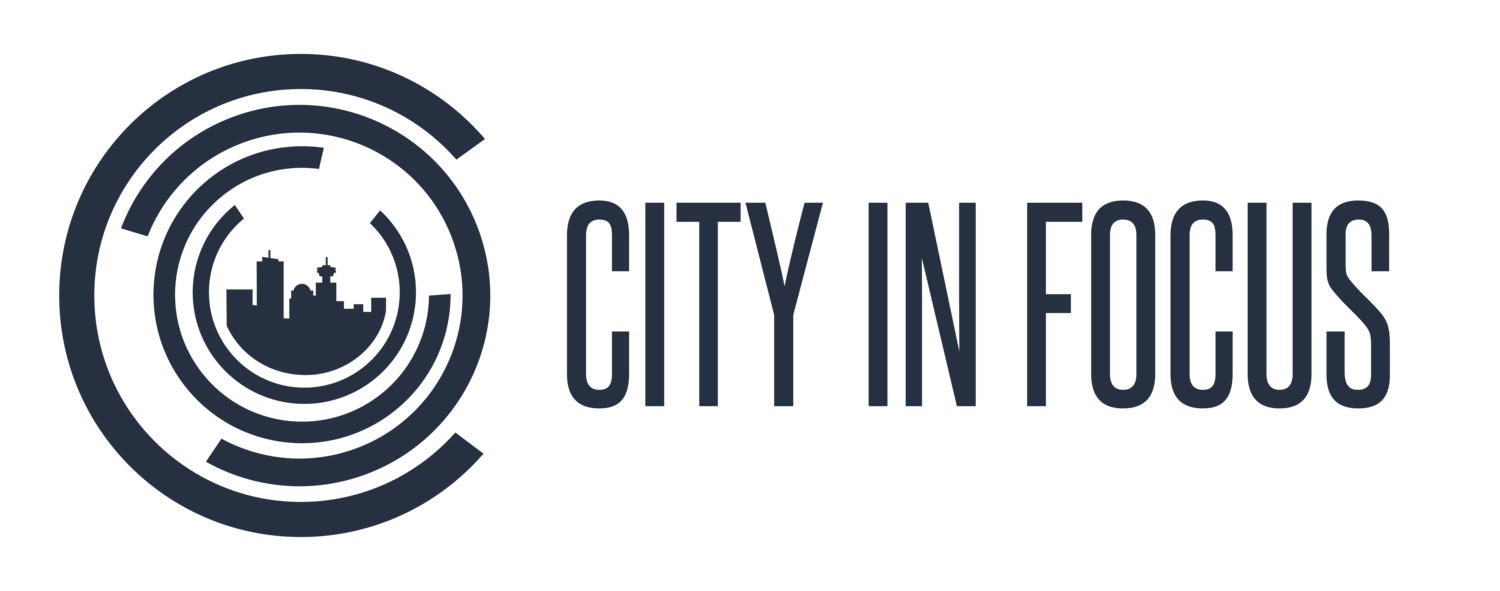I am.
Written by Tom Cooper
In the 1950’s, the story goes, the London Times asked its readers a question every year and gave an award to the winner. The question one year was: “What is wrong with mankind?” The winner was the internationally renowned and deeply Christian author G. K. Chesterton, who answered: “I am”.
I was raised in a racist southern town in Texas in the 1950’s. There were large “Whites Only” signs at laundromats, movie theatres, drinking fountains, restrooms, etc. There was the poor black part of town, and the wealthier white part of town. I have been on a journey to recognize, confess, and try to grow out of my implicit racism over the course of my life.
When I encounter social movements such as today’s Black Lives Matter I try not to be defensive, but rather to consider the ways I have contributed to the issue. Let me share just a few personal examples that have helped me see the scale of the problem.
When I lived in California in the 1980’s in a neighbourhood near Stanford University, we offered our old TV to a black woman who worked across the street. She arranged for her 17-year-old year old son to pick up the TV, which we had left for them in our carport. It would have taken the teen two minutes to walk across the street and push the TV back to the home his mom was working in, but within that brief time a neighbour had called the police and a squad car stopped the startled boy. The policeman grabbed his arm and brought him to our front door to confirm we had given the TV to them.
A close family friend we have known for over 30 years is an Ivy League graduate and a principal engineer at an internationally well-known technology company. He is also black. Several years ago, he moved with his wife and young son from Vancouver, BC, to Seattle. It wasn’t long before he realized that he could no longer just jog on the street or walk down a sidewalk while white people were present outside, because they perceived him as a threat. He now only jogs early in the morning and if he sees someone anyway, he crosses the street.
We cannot deny the fact that racism exists today, in our own backyard. A report gathered by the City of Montreal a few years ago found that when it came to being “randomly” stopped by the police, indigenous and black people were four to five times more likely than white people to be approached.* In November 2018 Desmond Cole, a well-known black journalist from Toronto, was in Vancouver to speak at a conference. He was stopped and carded by Vancouver police because he was smoking a cigarette on the sidewalk; then he was threatened with arrest. The officer concluded their meeting with a threat: “I’ll be seeing you around again.” What are the odds this sequence of events would have happened if the journalist had been white?
Social injustice is a concern of God and God’s people. What does our faith say about racism?
“Stop judging by mere appearances…” (John 7:24)
“Do not judge other people. Then you will not be judged. You will be judged in the same way you judge others. You will be measured in the same way you measure others.” (Matthew 7:1-2)
Do we treat members of our society equally, regardless of their perceived appearance? Are we advocates, speaking up for the equal rights and treatment of others, or do we preserve our comfort to avoid awkwardness, in the name of politeness?
These good friends in Seattle will soon have to sit down with their 5-year-old son and explain to him that he has to become aware of just how dangerous the world can be for him: where he goes, what he does, and who he is will all contribute to an increased likelihood that he will be stopped by police or accused of a possible crime. His mother knows this upcoming conversation will be both necessary and painful. As a consequence, her son’s bright, youthful, hopeful eyes will forever be dimmer. How utterly tragic for everyone, but this is their reality.
Most of us have never had to burden a young child with the personal consequences of their skin colour. We must do all we can to change our own hearts and to commit ourselves to act to change society’s structures to reflect the truth that Black Lives Matter. Our faith and our humanity demand no less.
So who is responsible for both the social injustices in our communities and for changing them?
The answer is “I am”.
Blessings
Tom
*https://www.cbc.ca/news/canada/montreal/spvm-racial-profiling-report-recommendations-and-findings-1.5311589
